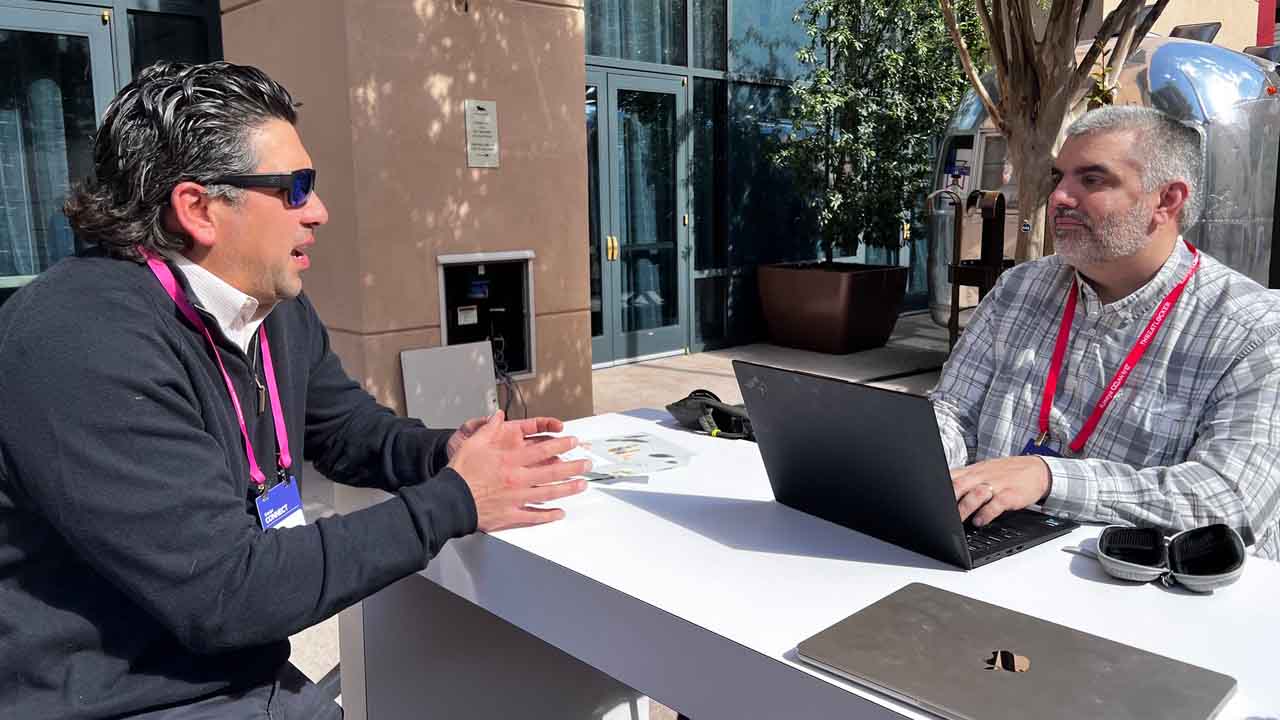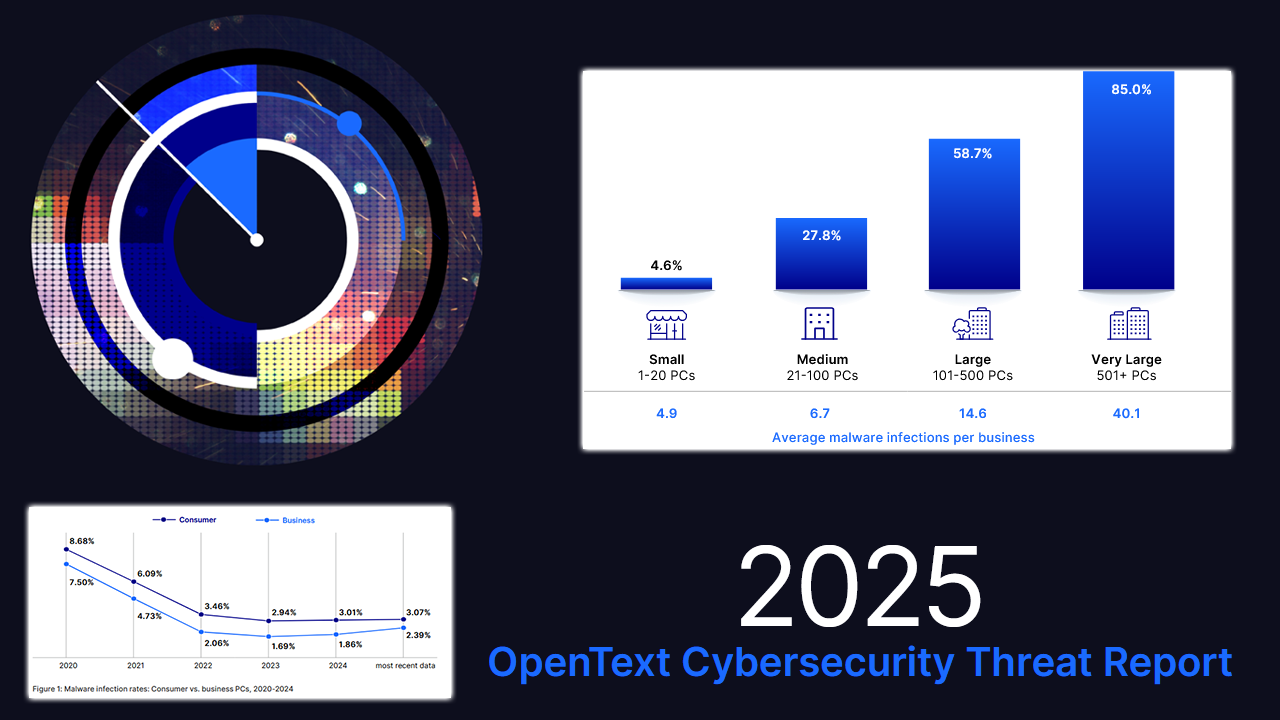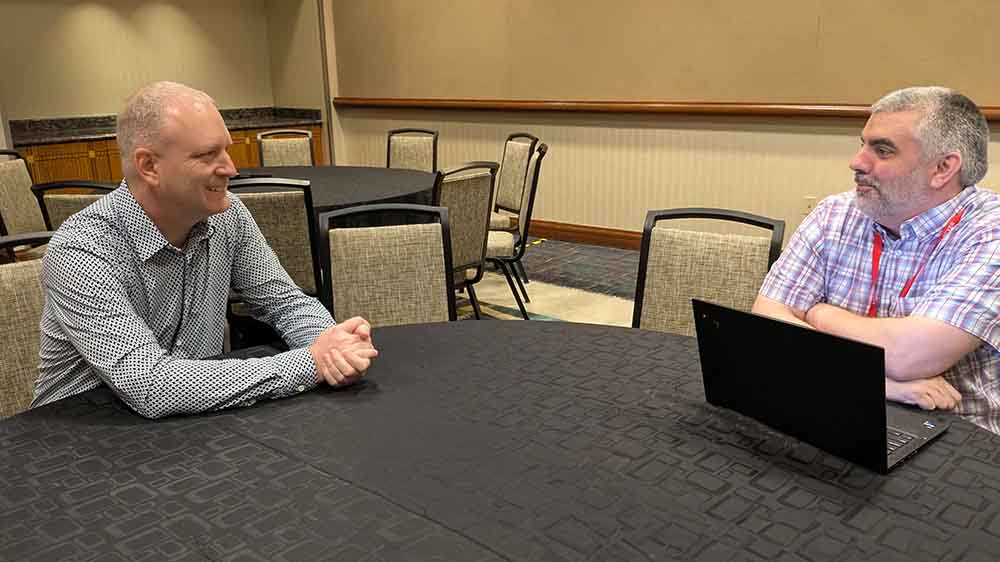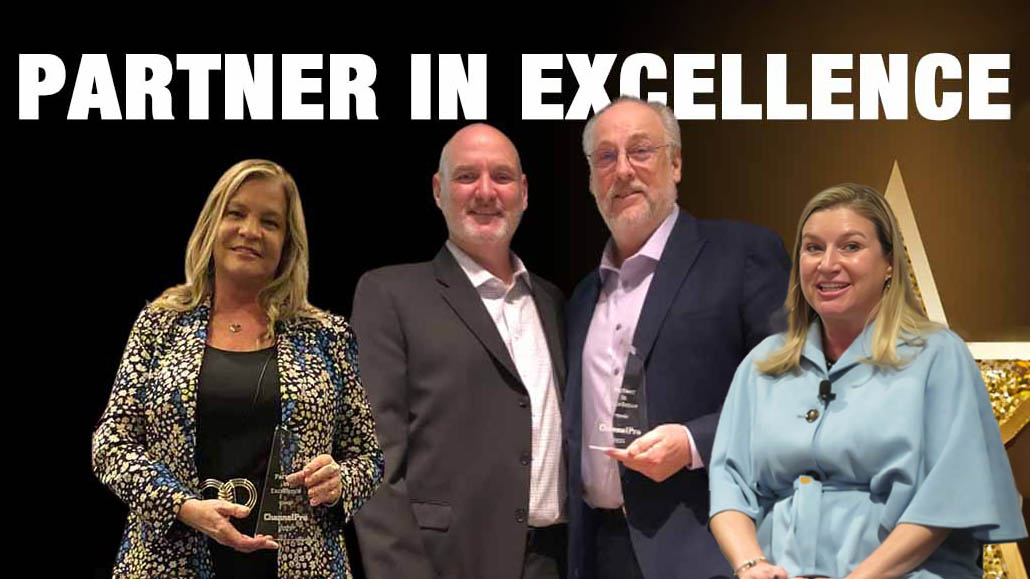How do you grow your small IT business and boost profits in the future? Channel advocate and NASBA Executive Director Pat Taylor provides these five tips.
Author and advocate Pat Taylor has been a member of the IT channel for years. Taylor helped serve his channel peers as the president of Intel’s North America channel Board of Advisors, and is now the executive director of NASBA, a large reseller community. He knows the business of the reseller inside and out, and has offered up five of his best practices for making sales as part of the IT SMB channel.
For more tips on how to better your IT business, check out Taylor’s book, Sales Savvy: Self-Help for the Small Business (Beat Big Business with Value-Add). The book is geared towards small business owners who want to improve their ability to sell value-add, and provides valuable tools to help SMBs demonstrate what differentiates them. Taylor provides anecdotes and real-life experiences to help demonstrate how the lessons work. The book, published in July 2011, is available from Amazon and Barnes & Noble.
#1: Everyone’s a salesman. We have a tendency to think that when we’ve grown the company large enough to hire a sales guy, that guy’s responsible for all the sales. But, if sales are slow, we look at that guy and say “sell more!” This isn’t the best way to handle it. Everyone is a sales guy in our organizations. We need to acknowledge and embrace those resources, like techs. Techs are great sales people, they have great credibility with the  customers. As channel managers, we want to make sure we harness all of our sales resources in these tough times.
customers. As channel managers, we want to make sure we harness all of our sales resources in these tough times.
#2: Prospect. Everybody’s worried about the sale. Prospecting is the key – keep the pipeline full. Don’t worry about the end result, the sale. If you prospect enough, you will reach your number.
Most of us think prospecting means that we cold call, which is a terrible way to prospect for sales. It’s painful and emotionally damaging – it just beats you down. Nobody wants to talk to you when you want them. Nobody is getting ready to buy a computer. What we’re trying to sell them [when prospecting] isn’t a computer, but the fact that we need to start a relationship. We need to get to know each other so that when you’re ready to buy a computer, I’ll be the guy you know and trust in your business. It takes the heat off of me because I’m not looking for a sale. Only when you’re ready to buy will we talk about making a sale. Those are not cold calls, these are warm calls.
Sit down with a piece of paper and draw four big circles. In the first circle, put family, immediate friends. This is the first sphere of influence, people who will listen to you, with whom you have influence. They may buy product or may refer people to buy product. This is someplace you can get warm leads.
Then you look at the other three circles and figure out where else are your spheres of influence. Look at your church. Maybe you belong to a gym or a ladies’ bowling league, or there’s some other social outlet that you engage in – those are all spheres of influence and everybody has them in their lives. We just don’t think of them like that.
Once you start looking at them as spheres of influence, you ask, who else do you know that uses computers? You don’t say, who do you know that needs a computer? Nobody needs a computer on that day. But they might need services eventually. Now you’ll get warm leads, you’ll do a better job of prospecting, and the quality of your prospects will be higher.
#3: Listen. The worst thing in the world is a sales guy who comes into my office, moves the stuff on my desk so he can set up his PowerPoint, and starts his 45 minute presentation about his company. I don’t care about his company. I care about my company and my problems, and I want to talk to a salesman about that. You have to be willing to listen if you want to make the sale.
story continues...
You can’t possibly know what business problem they have until you’ve listened to them describe it, and you can’t possibly pose a business solution to a business problem you don’t know yet exists. It’s in the active listening that we learn the things we need to know about our customers. Not just their business problems, but how they speak, where their priorities are in life.
How do they talk around the office? I don’t want to mimic the guy, but I want to be on a level playing field in terms of nomenclature, with technical terms, with business priorities. I learn all of that by listening. The salesman, as counterintuitive as it seems, it’s not about talking, it’s about listening.
#4: Don’t ever be afraid to negotiate, as long as it’s in exchange for something. People don’t have a lot of respect for salesmen who just give their profits away. It sets a completely different tone when the customer asks you, how am I going to get a discount? What are you going to give me? My response is always, I’d be happy to negotiate a discount, but in exchange for what?
They know it’s a fair question. As a customer, you go, okay this is his price, what do I have as of value? What have I got that’s of value to you? As a SMB, there’s a lot that we value, like terms. I’d love to get paid in net ten. I’d have my money before my bills are due. Cashflow is one of my biggest problems as a channel guy. That’s a value to me as a small business man. I would trade that for a discount. Maybe I would trade pay a year in advance for a support contract. If you pay a year in advance, that’s a value to me. The important thing is don’t give away discounts, trade them.
#5: After you’ve done every step we’ve described so far, sell your brand. You’ve got your company brand in your locale or in your vertical industry, so you’re going to develop some brand value. Not a lot of us realize that we all wear a secondary brand that’s of a tremendous value in this great country – and that’s the brand of small business.
Small business is woven into the fabric of free enterprise. It’s part of the American dream. We remind our prospects and our customers of that fact, we get a little emotional traction that the big box stores can never have. And we may be more expensive, but our craftsmanship and our service make it worth it. And our customers are fine with that, as long as we’re selling it.
Want more of this valuable sales advice? Taylor’s book, Sales Savvy: Self-Help for the Small Business (Beat Big Business with Value-Add) is available from Amazon and Barnes & Noble.













